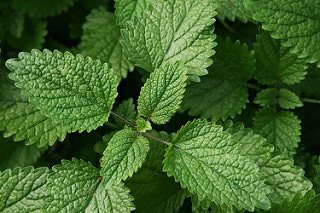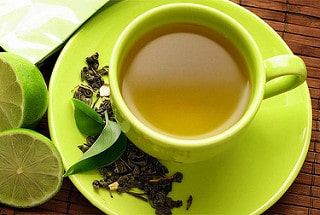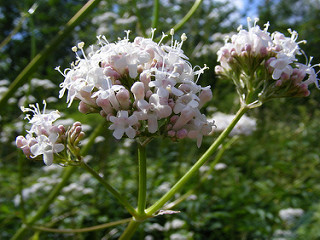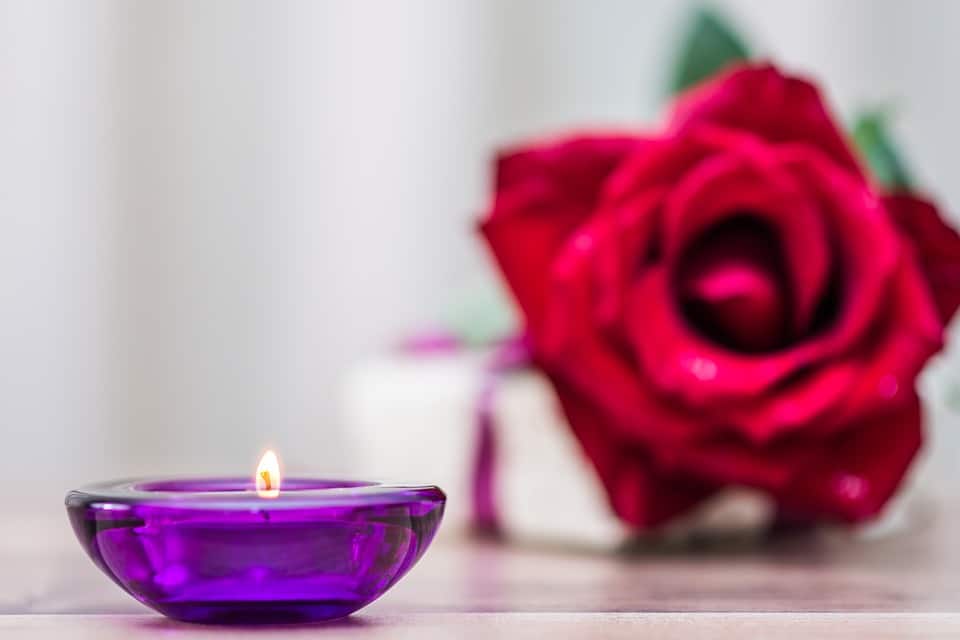Are you under a lot of stress and want to find natural stress relievers that work? Read on to learn more about managing anxiety and stress relief strategies you can do at home or while at work.
What Is Stress?
The medical community uses the term “stress” to describe physical pressure, mental anxiety, or an exaggerated emotional condition that may cause harmful bodily symptoms and/or mental tension. Stressful situations can develop from the environment we live in, our basic psychological responses, or from intimate or social involvement.
Stress can begin with physical threats such as illness or from the anticipation of scheduled medical procedures. The human body uses built-in responses to stress commonly known as the “fight or flight” response which entails a complex chemical reaction involving the neurologic and endocrinologic systems. Hormones like adrenaline or noradrenaline make it possible for us to react immediately with extra strength and agility when needed. These hormones facilitate physical reactions related to urgent situations by preparing the body for extreme muscular action. Obvious physical changes include:
- Faster pulse rate
- Shallow. rapid breathing
- Pale or flushed skin color (or both)
- Slower digestion caused by inhibited blood flow to the stomach and upper-intestine
- General effect on the sphincters of the body
- Overall constriction of blood vessels
- Release of nutrients such as fat and glucose for muscular action
- Dilation of blood vessels for muscles
- Inhibition of the lacrimal gland (responsible for the production of tears and salivation)
- Dilation of the pupil (mydriasis)
- Relaxation of the bladder
- Erectile dysfunction
- Auditory exclusion (loss of hearing)
- Tunnel vision (loss of peripheral vision)
- Dysfunctional spinal reflexes
- Shaking
Stress relief is a critical necessity in maintaining our current and future health. Constant stress can create an environment that foster the course of many traumatic conditions including chronic depression and extreme anxiety. The medical community has related physical repercussions such as delayed healing, irritable bowel syndrome, hypertension and diabetes to stress in some patients. Stress relief, whether natural or pharmacologic can help to manage and reduce the effects of stress and is an effective treatment modality to investigate.
Is There a Need for Natural Stress Relievers?
Once you’re aware of the effects of stress on the mind and body, it is important to research the various methods recommended for stress relief. There is a definite need for natural stress relievers as drugs are temporary, habit forming and often have dangerous side effects that can cause more stress. The human body is both sensitive and responsive to natural stress relieving techniques that work in harmony with both the internal and external components requiring treatment.
According to Calm Clinic, “the reason herbal medicines are so beneficial is that while you use herbal supplements, you can also learn valuable anxiety-coping strategies.” When compared to repetitive doctor visits and therapy sessions, natural stress relief methods are usually less expensive, safer for the body and easy to research. They offer effective, interchangeable treatments without the side effects that accompany prescription drugs.
Ten Natural Stress Relievers That Work
1. Kava
Kava, or kava kava, is a crop that originates from the Pacific Islands. It is a Tongan name meaning bitter. The Pacific Ocean cultures of Polynesia, including Hawaii and Vanuatu, and Melanesia and some parts of Micronesia use the herb Kava for its sedating effects which give it the reputation as one of the most effective herbal supplements for stress and anxiety.

According to Calm Clinic, “unlike other herbal anxiety supplements, kava is not only effective for anxiety symptoms – it’s effective for anxious thoughts.” WebMD reports, “kava’s calming effect may relieve anxiety, restlessness, sleeplessness, and stress-related symptoms such as muscle tension or spasm.” Taking kava is great for stress relief and is available as a concentrate extract, or tablet form. Remember, kava has a bitter taste in case you’re thinking about the liquid form.
2. Lemon Balm
Herbal researchers state that lemon balm is an effective weapon for stress relief, anxiety and moodiness. According to Fox News, “in one study of healthy volunteers, a daily dose of 600 mg of lemon balm for a week improved mood, and boosted both calmness and alertness.” Lemon balm is best when prepared as a tea; giving you a calming sensation in a few minutes. Lemon balm also boosts levels of superoxide dismutase (SOD), an important component of the body’s ability to protect itself from the harmful effects of ionizing radiation and chemical stresses.

3. Green-Tea-Derived Theanine
Theanine is an amino acid (a building block for proteins) found in green tea. It’s recommended for stress relief, anxiety, high blood pressure, and preventing Alzheimer’s disease. It’s also used for making cancer drugs more effective. According to Life Extension, “when swallowed, the body easily absorbs theanine as it crosses the blood-brain barrier, allowing it to reach brain cells. Studies suggest theanine can support brain health, promote calmness and boost awareness.

4. Valerian
Originally a native root in Eurasia, the Valerian root species was brought to North America and used as a sedative and antispasmodic. Valerian herbs are also effective in stress relief, anxiety and insomnia. It promotes peaceful feelings and tranquility. Prepare Valerian Root as a tea or purchase it in capsule or pill form and take as a supplement.

5. Deep Breathing
Deep breathing is a great way to overcome anxiety and is an effortless stress reliever. Breathing deeply also benefits the body by relaxing the muscles while it quiets the mind. Deep breathing exercises are something you take with you, practicing them throughout the day everywhere you go. The best thing about breathing exercises is they work instantly helping you get stress relief when you need it.

6. Meditation
The foundation of meditation builds on deep breathing, contemplation and thinking. When a person meditates, the brain enters an altered state resembling sleep. Meditation is effective for stress relief as it allows you to generate resilience toward stress with continual practice. It keeps your thoughts from rambling while staying focused.

7. Yoga For Stress Relief
Yoga is a reliable technique for stress relief, fitness, balance and general health. Almost everyone can do yoga as it combines the methods of several other stress relieving exercises such as breathing, meditation, imagery and movement. Yoga benefits both the body and the mind with methods suitable for all ages, medical conditions and weight restrictions.

8. Exercise
When you think about how the human body functions, movement should be the first thing that comes to minds. We’re designed with moving parts that need to keep moving to stay healthy. Exercising is a process of movement that benefits the body whether you’re riding a bike, swimming or taking a walk. Benefits can range from weight loss, muscle tone, and stress relief.

Ridding the body of toxins through exercise helps the body function better-it’s that simple. Managing stress relates closely to physical exercise as it provides a distraction and an outlet for anxiety and uncontrollable circumstances. Exercising also gives the body and mind relief through the release of endorphins (peptides which activate the body’s opiate receptors, causing an analgesic effect).
9. Music
Listening (and dancing) to music is an enjoyable form of stress relief. Music therapy produces health benefits for people suffering from conditions such as stress to cancer. When a person is trying to overcome stress, playing the right music can lower your blood pressure, relax your body and calm your mind.

10. Aromatherapy For Stress Relief
The scent of lavender is one essential oil that promotes quick stress and anxiety relief. Mix about 5 drops of lavender oil (or desired essential oil) in a bathtub or use a diffuser to circulate the scent throughout a room for stress relief. Some of the most effective essential oils for managing stress are:

- Geranium
- Peppermint
- Jasmine
- Chamomile
- Lemongrass
Conclusion
There are four different types of stress that put a strain on our physical and mental health besides the most obvious, which is psychological. Stress can also emanate from environmental and biological causes.
1.External demands related to relationships, family pressures, finances, problems at work, transportation, or caregiving.
2.Self-induced stress stemming from ambitions, aggressive personality conflicts, and competitiveness.
3.Lifestyle stress contributes to every aspect of mental and physical well-being. How and what we eat; how much exercise we get; the amount of.
4.Environmental stressors from our surroundings produce stress i.e., toxins in food, electromagnetic pollution (EMFs) from technology including TVs, computers, cell phones, etc.
Getting organized helps in staying calm. Start with a single room or office and work through the clutter in your life and eliminate things that drain your energy. Focus on the important issues and challenges in your life, and let everything else go, literally.
If you like reading or cooking, they serve as a great and useful distraction from everyday routines. When seeking stress relief the best remedies come in the form of sensible, user-friendly methods that work in harmony with the body. Research and incorporate natural herbs and oils along with effective stress reducing exercises before taking prescriptions that work temporarily and… don’t forget to breathe.


